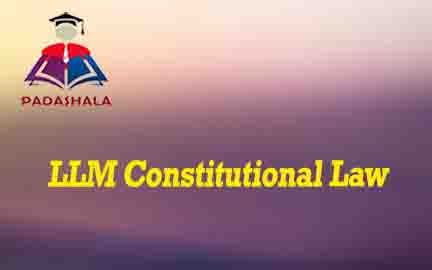The Comparative Constitutional Law Program at CEU Legal Studies was established in 1992, and remains the only LLM program of its kind in the world. Over the years the Program had students from Central and Eastern Europe, the Balkans, North America, while more recently we have been also having an increase in the number of students from Africa and the Americas.
Constitutional problems at the time of transition to democracy and constitutional design have been explored in the program ever since its foundation. The shift in the curriculum towards issues concerning the development and strengthening of good government in a globalized world reflects our commitment to the broader international context in which contemporary constitutional systems operate. The core curriculum centers on fundamental issues in comparative government and constitutional rights protection in leading and emerging democracies around the world. Since its establishment the curriculum of the program has examined the legal traditions of both civil law (continental) and common law systems.
As all programs at the Department of Legal Studies, we are also committed to research-based teaching. Areas of research and teaching cover subjects in transition to democracy and the rule of law, constitution-making in historical perspective and in on-going processes, comparative constitutional adjudication, civil and political rights in established and emerging democracies, freedom of religion and free speech in a global world, broadcasting law, biomedical law and reproductive rights, enforcement of socio-economic rights, European Union law with emphasis on institutional law and select advanced subjects, constitutional transplants and comparative administrative law.
Our highly qualified and diverse faculty prepares students to engage in comparative and inter-disciplinary analysis of complex constitutional problems. Courses prepare students to explore constitutional issues across legal systems, to engage in critical reading and refine their arguments in oral interactions. Individual research skills are developed and furthered through comparative problem papers and group work. Students are encouraged to lace theoretical insights from the literature with concerns and lessons from practice. Our graduates are thus able to respond to challenging constitutional and fundamental rights problems with advanced analytical skills, offering comparative insight and policy-relevant responses.
